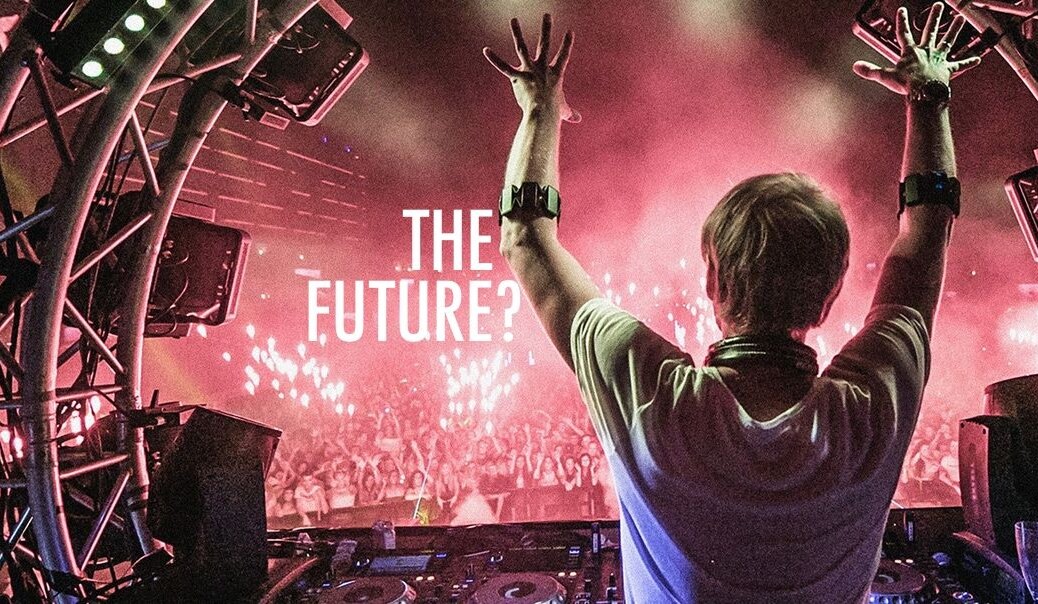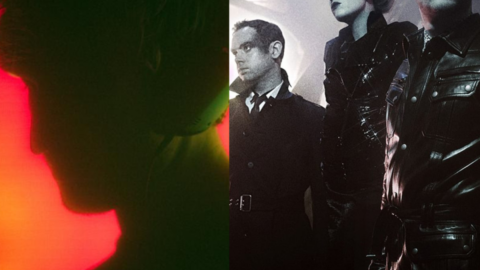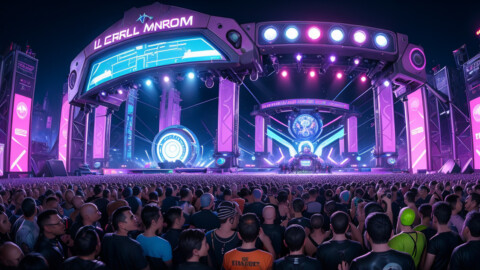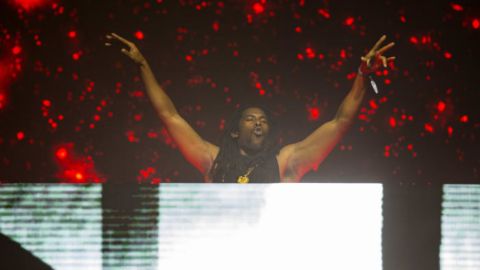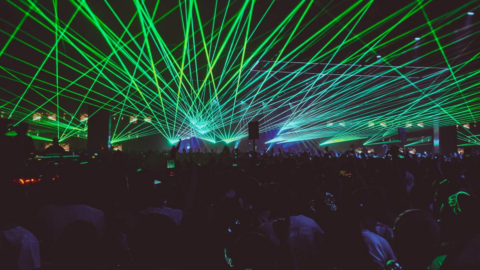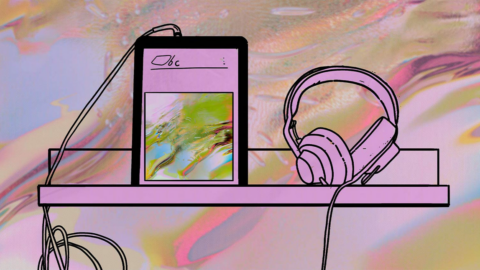Introduction:
Since its inception in the 1960s, electronic music has continuously adapted to, and sometimes prompted, global technological advancements. Throughout its history, artists have experimented with different technical tools and innovative production techniques to create their unique sounds. Today, we are witnessing the dawn of a new era in electronic music production: the integration of Artificial Intelligence (AI).
The Emergence of AI in Music Production:
AI’s implementation into music production is steadily increasing. Amper and Jukin – AI-based music tools, are programmed to compose original music tracks by processing algorithms. These next-generation tools can mimic a wide range of music styles and moods, thereby enabling musicians to output diverse and innovative tracks. Producers are now able to augment their creative process with AI, generating more possibilities within their arrangements and sound designs.
The Role of AI-Made Electronic Music:
AI in music is not just about facilitating sound production. It has the potential to disrupt traditional concepts by creating music autonomously. Companies like OpenAI have developed GPT-3, an AI that can generate human-like text, which is now being extended to music. This leap in AI technology raises intriguing questions about the creative process and what it means to be a musician of the future.
The Future of DJ Producers:
This burgeoning AI technology is promising, yet its potential impact on artists’ roles is unknown. Will they become obsolete as the technology advances and matures?
Contrarily, it appears that DJ Producers’ roles will evolve rather than disappear. They will likely become supervisors or directors of AI algorithms, controlling and defining parameters for the AI to develop music. With AI handling the heavy-lifting, producers might experience more freedom to explore new creative realms, focusing on the expressive and emotive aspects of their music.
Combining the technical proficiency of AI and the innate creativity of a human offers an exciting new frontier in electronic music production. It’s a symbiotic relationship where AI assists the creativity process, allowing artists to transcend the conventional limits of musicality.
Conclusion:
The integration of AI in electronic music is a game-changer. But like all tools, its impact primarily depends on who uses it and how it is used. With the right balance, AI technology can empower electronic music producers to revolutionize an already forward-thinking industry.
Future predictions bring a sense of excitement and apprehension, but understanding that AI is an extension of our creativity, not a replacement, can help us embrace this change.
Tags: ai electronic music future

